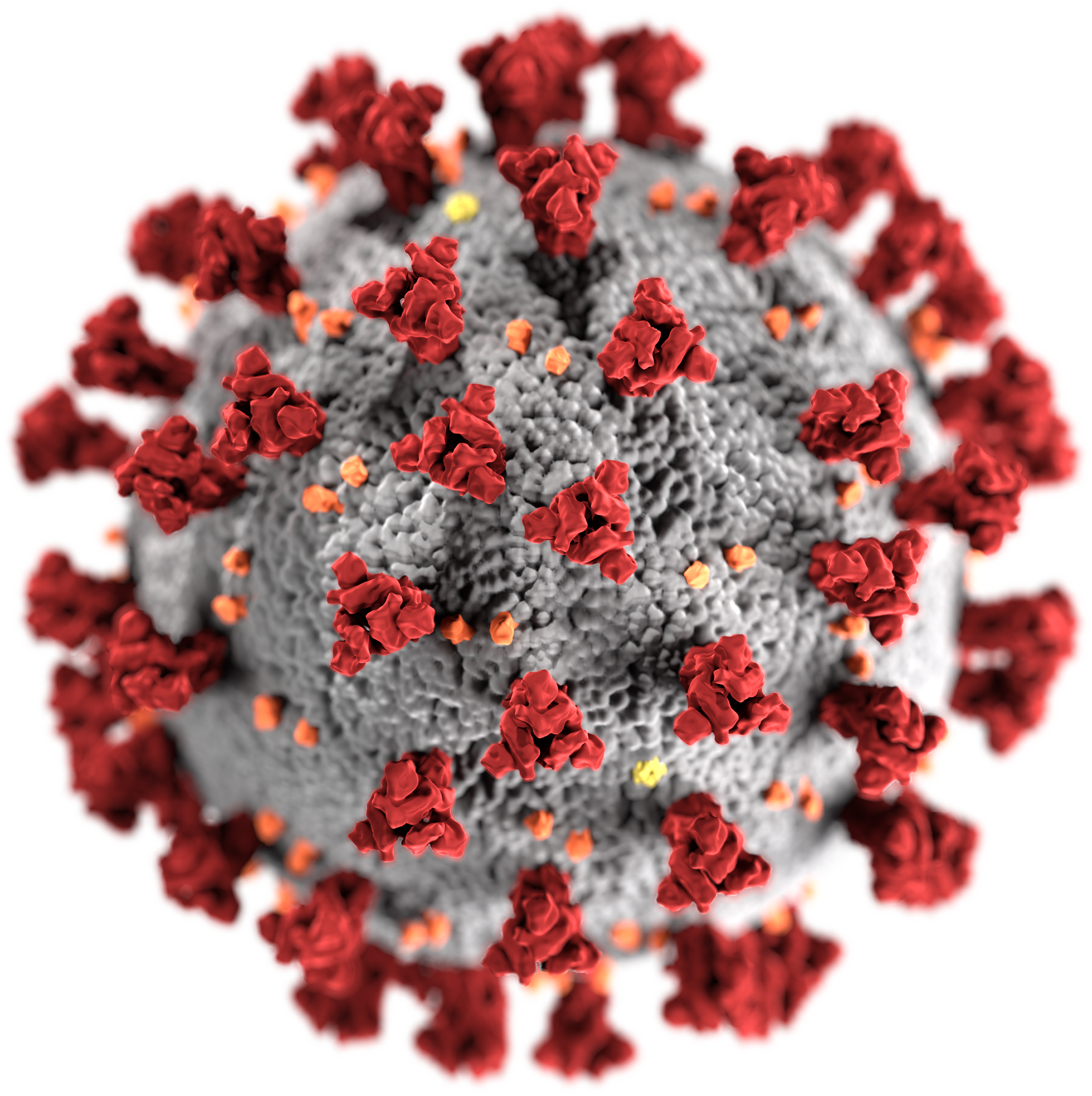COVID-19 in 2025: Rising Cases & Future Predictions - What India Needs to Know

Image: Coronavirus structure (Credit: Wikimedia Commons)
Latest Update (June 2025):
Indian health officials report rising COVID-19 cases in Delhi, Chennai, Mumbai, and Ahmedabad, with over 1,000 active cases nationwide. The government has issued fresh guidelines urging mask use in crowded places and booster shots for vulnerable groups.
As we navigate 2025, COVID-19 continues to evolve, presenting new challenges for India and the world. This essay examines the current situation, analyzes concerning predictions, and provides practical guidance for students and families to stay protected while maintaining a scientific perspective.
The 2025 COVID-19 Situation in India
After years of relative calm, several Asian nations including India are experiencing a noticeable uptick in COVID-19 cases. Health authorities attribute this to:
- New subvariants like JN.1 demonstrating increased transmissibility
- Waning immunity from previous vaccinations/infections
- Increased travel and large gatherings post-pandemic
- Seasonal factors favoring virus spread
Major Indian cities have reinstated certain precautions:
- Delhi: Mask mandates in hospitals and elderly care facilities
- Mumbai: Increased testing at international airports
- Chennai: Public awareness campaigns about symptoms
- Ahmedabad: Stockpiling of essential medicines
Examining the Viral Predictions
Amidst this resurgence, old predictions attributed to Japanese sources are gaining attention:
The "Baba Vanga" Predictions
Allegedly from a 1999 book by Ryo Tatsuki, these include:
- Accurate forecast of COVID-19's 2020 emergence
- Prediction of a "more devastating return around 2030"
- Claims about a catastrophic July 2025 tsunami between Japan and Philippines
Scientists urge caution regarding these predictions because:
- Many alleged predictions surface only after events occur
- Vague statements can be interpreted multiple ways
- No scientific mechanism exists for such precise long-term viral forecasts
What This Means for Indian Students
Rather than fearing predictions, focus on actionable knowledge:
Staying Protected in 2025:
- Vaccination: Ensure you're updated with approved boosters
- Hygiene: Handwashing and respiratory etiquette remain vital
- Awareness: Know the current symptoms (now often milder cold-like signs)
- Critical Thinking: Verify health information with trusted sources like ICMR
Schools across India are implementing balanced measures:
- Improved ventilation systems installed during pandemic remain operational
- Flexible attendance policies for symptomatic students
- Continued emphasis on hand sanitizing stations
- Mental health support addressing pandemic-related anxiety
The Science Behind COVID-19's Evolution
Understanding why viruses change helps contextualize current events:
Viral Mutation: Like all viruses, SARS-CoV-2 evolves to survive. Most changes make it more contagious but less severe - a common evolutionary path.
Immunity Landscape: With most Indians having some immunity (from vaccines/infection), new variants face pressure to evade these defenses.
Global Surveillance: India's genome sequencing capabilities have dramatically improved since 2020, allowing faster variant detection.
Preparing Without Panicking
India's pandemic experience has taught us valuable lessons about preparedness:
Positive Changes Since 2020:
- Stronger healthcare infrastructure with more oxygen plants
- Domestic vaccine production capacity
- Public familiarity with basic precautions
- Digital systems for health monitoring
- Greater appreciation for healthcare workers
Families can maintain reasonable precautions:
- Keep a few masks handy for crowded situations
- Maintain a basic stock of essential medicines
- Stay informed through government alerts (avoid sensational sources)
- Focus on overall health - nutrition, exercise, and sleep boost immunity
Conclusion: Knowledge Over Fear
The recent COVID-19 case increase reminds us that pandemic preparedness is an ongoing process. While mysterious predictions may circulate, Indian students should focus on:
- Trusting scientific information from reliable sources
- Following current health guidelines without panic
- Maintaining the positive hygiene habits learned
- Supporting classmates who may feel anxious
India's journey through COVID-19 has shown our resilience. By staying informed and compassionate, we can face whatever challenges emerge while continuing our education and daily lives.
Word Count: Approximately 1,600 words




0 comments:
Post a Comment